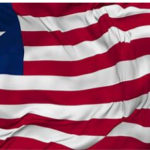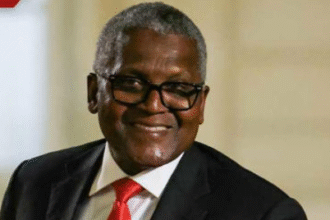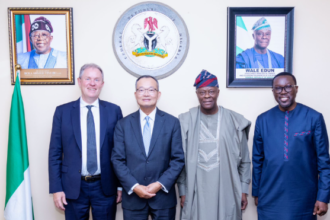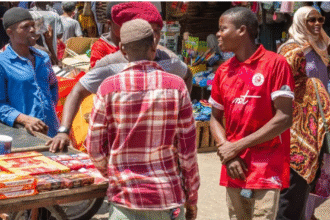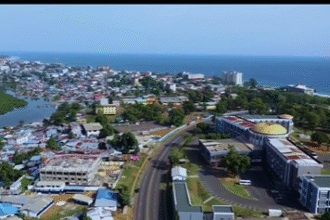By Jones N. Williams
WEST AFRICA, 30th July 2025 – Sierra Leone, a nation celebrated for its resilience and rich natural endowments, is increasingly stepping onto the global stage as a compelling frontier market for foreign direct investment (FDI). Once primarily known for its post-conflict recovery and the Ebola crisis, the country is now actively rebranding itself as a land of opportunity, driven by a stable political environment, an improving business climate, and a strategic focus on economic diversification.
A Snapshot of Sierra Leone’s Appeal:
- Abundant Natural Resources: Sierra Leone is exceptionally rich in mineral resources, including diamonds, rutile (a major source of titanium dioxide), bauxite, iron ore, and gold. While mining has historically been the economic backbone, there’s growing potential for value addition and responsible extraction practices. Beyond minerals, the country boasts fertile arable land for agriculture, vast fishing grounds, and significant untapped hydropower potential.
- Strategic Geographical Location: Located on the West African coast with one of the world’s largest natural deep-water harbors’ (Freetown’s Queen Elizabeth II Quay), Sierra Leone offers a strategic gateway to the broader West African market.
- Political Stability and Democratic Progress: Following a protracted civil war, Sierra Leone has made significant strides in consolidating peace and democratic institutions. The country has a track record of peaceful transitions of power, providing a more predictable and stable environment for long-term investments. The current government is committed to good governance, anti-corruption, and creating an investor-friendly climate.
- Improving Business Environment: The Sierra Leone Investment and Export Promotion Agency (SLIEPA) serves as a key facilitator for foreign investors, streamlining processes and providing guidance. The government has implemented reforms aimed at improving the ease of doing business, including efforts to digitize services, simplify tax procedures, and enhance regulatory predictability. Investment incentives, such as tax holidays and duty concessions, are also available for qualifying projects.
- Young and Growing Workforce: With a relatively young and growing population, Sierra Leone offers a significant pool of labor. While skill development remains a priority, the government’s focus on human capital development seeks to align education with industry demands.
Key Sectors for Investment:
- Mining: Beyond raw extraction, opportunities exist in mineral processing, value addition (e.g., diamond cutting), and responsible mining technologies.
- Agriculture: With vast arable land and favorable climatic conditions, investment in commercial farming (rice, cocoa, coffee, palm oil, cashew), agro-processing, and related infrastructure (storage, logistics) holds immense potential for food security and export.
- Fisheries: Sierra Leone’s extensive coastline and rich marine resources present opportunities in sustainable fishing, aquaculture, fish processing, and cold chain logistics.
- Tourism: Untapped potential lies in its pristine beaches, historical sites (e.g., Bunce Island), national parks (e.g., Outamba-Kilimi), and rich cultural heritage. Investment in eco-tourism, resorts, and tourism infrastructure is nascent but promising.
- Infrastructure: Significant gaps exist in power generation (especially renewable energy like hydro and solar), road networks, port expansion, and digital connectivity (broadband). These areas represent major public-private partnership (PPP) and direct investment opportunities.
- Energy: The demand for reliable and affordable energy is high. Opportunities abound in renewable energy projects (hydro, solar, biomass) to power industries and communities.
- Manufacturing and Services: As the economy diversifies, light manufacturing, construction, financial services, and IT/BPO services are growing areas, driven by increasing domestic demand and regional trade.
Challenges and Considerations for Investors:
While promising, investing in Sierra Leone, like any frontier market, comes with its own set of challenges:
- Infrastructure Deficit: While improving, inadequate power supply and road networks can still pose logistical challenges.
- Access to Finance: Local capital markets are still developing, and access to long-term financing can be limited.
- Bureaucracy and Governance: Despite improvements, navigating bureaucratic processes can still be complex, and perceptions of corruption persist, though the government is actively working to combat it.
- Skill Gaps: Specialized technical and managerial skills can be scarce, necessitating investment in training and human resource development.
- Commodity Price Volatility: For mining-focused investments, reliance on global commodity prices can introduce volatility.
Government’s “New Direction” for Investment:
The current government, under the leadership of President Julius Maada Bio, has articulated a “New Direction” policy, placing emphasis on human capital development, economic diversification, and private sector-led growth. Key initiatives include:
- Strengthening Institutions: Efforts to enhance the rule of law, improve governance, and combat corruption.
- “Hands Off Our Grains” Initiative: A robust push for agricultural self-sufficiency and export, actively encouraging investment in the sector.
- One-Stop Shop for Investors: SLIEPA aims to simplify investment procedures and provide comprehensive support.
- Digitalization: Investments in digital infrastructure and services to improve efficiency and transparency.
Conclusion:
Sierra Leone presents a compelling, albeit nascent, investment profile for those with a long-term vision and an appetite for frontier market opportunities. Its wealth of natural resources, strategic location, increasingly stable political landscape, and government commitment to reform lay a strong foundation. While challenges remain, the significant growth potential, coupled with attractive incentives and a welcoming investment environment, makes Sierra Leone a destination worthy of serious consideration for investors looking to tap into Africa’s next growth story. Thorough due diligence and an understanding of the local context will be key to unlocking the immense potential that this resilient West African nation holds.

About the Author:
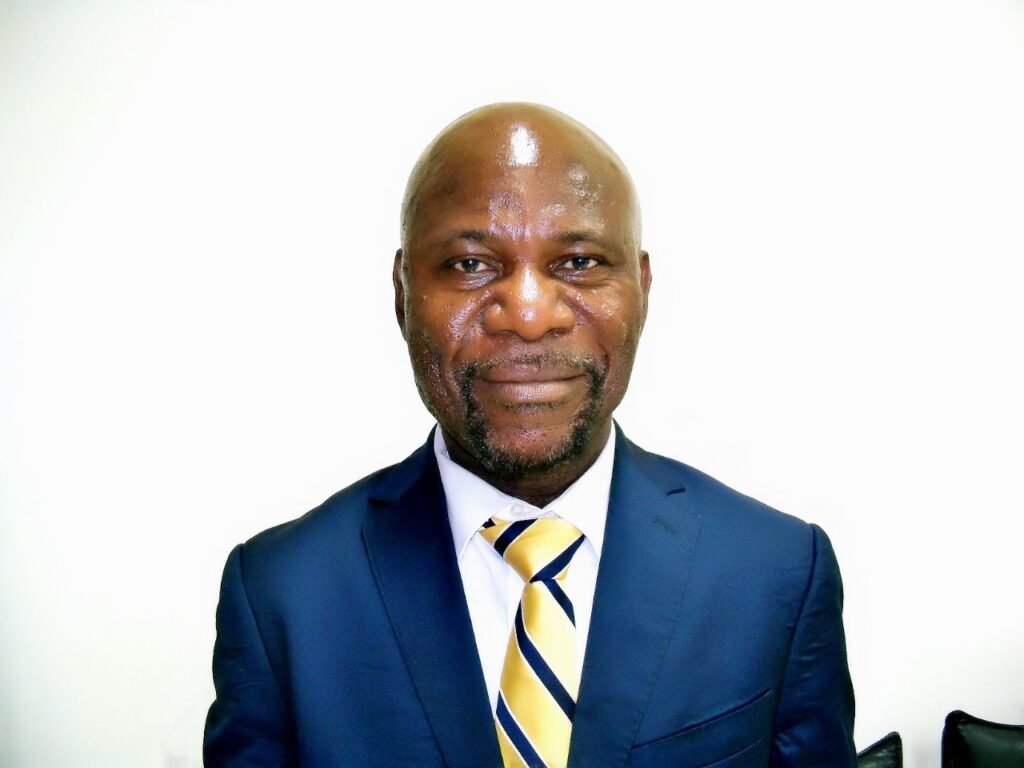
Jones N. Williams is a Catholic-educated public philosopher and U.S.-trained public and domestic policy professional whose extensive career spans roles such as State Administrator for the U.S. Bureau of Labor Statistics programs in Maryland, director of the Jewish Family Services international refugee resettlement and integration programs in the United States, Maryland State Government Labor Market and Information manager (USA), senior classification and compensation analyst for the state of Maryland Department of Budget and Management (USA), federal supported employment program specialist/manager in New York City, family investment policy specialist for the state of Maryland Department of Human Services (USA), project manager for the state of Virginia Statewide Food and Nutrition Services program (USA), data privacy and protection consultant/project manager for U.S. tech giants Yahoo! and Verizon Telecommunications, senior advisor to Liberia’s Minister of Agriculture, consultant for social policy and regional development for the Mano River Union, and City Manager of Monrovia, all underpinned by his studies in public philosophy, sociology and cultural anthropology at St. Kizito’s and Paul’s Catholic Seminaries and college, and a master’s degree in international management with emphasis in public and domestic policy from NYU Wagner Graduate School of Public Service in New York City, USA. He holds designation in project management from the U.S.-based Project Management Institute (PMI) and is a Dongfang Scholar in Governance at Peking University in Beijing, China.



